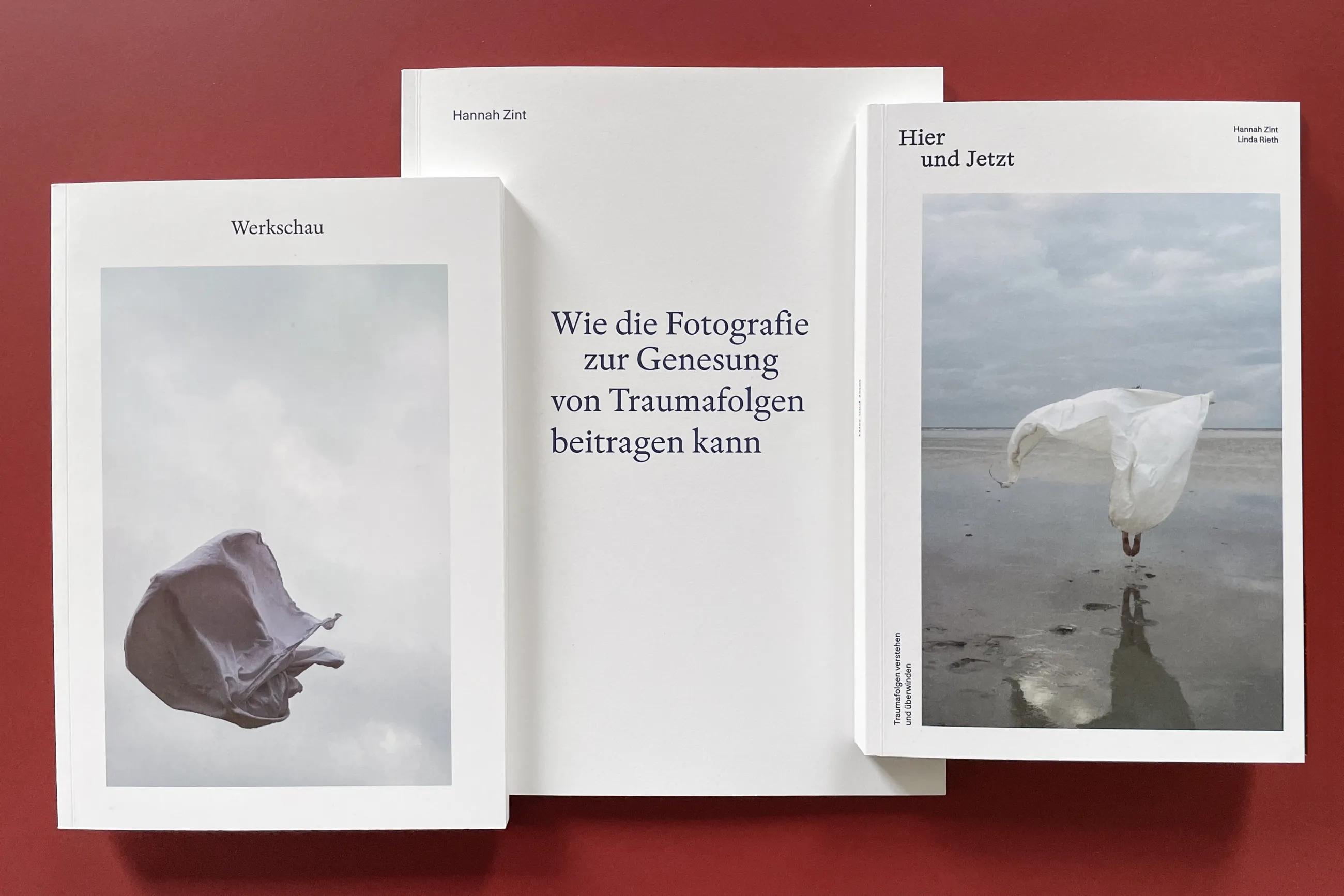Photography and Trauma
Hannah Zint's bachelor's thesis deals with the question of how photography can contribute to the recovery from trauma.

"The German healthcare system is one of the best in Europe and is characterised by quick access to treatment and high coverage of treatment costs (...). However, this does not guarantee targeted and comprehensive treatment for traumatised people. Unfortunately, it is not always possible – especially in cases of psychological traumatisation – to fully rehabilitate the patient. (...) The difference between what is currently being achieved and what should be achieved requires a joint research effort." – German Trauma Foundation1
From a psychological perspective, the word "trauma" (Greek for 'wound') describes a psychological injury resulting from a stressful event. We live in a time in which issues such as wars and pandemics are present, yet the frequency of physical trauma is significantly underestimated: Statistically, one in ten people in Germany experience a traumatic injury of varying severity once a year (cf. ibid.)
In the theoretical part of my thesis, I deal with the question of whether photography can promote the processing of traumatic experiences and, if so, how.
The practical part of my bachelor's thesis aims to create a publication that provides information on the topic of trauma and encourages people to discuss it.
1 German Trauma Foundation: German Trauma Foundation brochure, 2015, p. 7, as at 26/12/2023
Bachelor thesis by Hannah Zint
Supervision: Prof. Wiebke Loeper and Prof. Susanne Stahl

